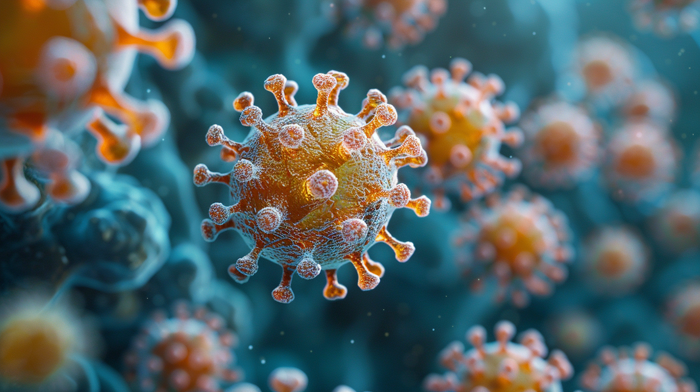
Though medical science has made huge leaps and has advanced to the best of its abilities in 21 st century, foodborne infections pose a significant burden all over the world. The prevalence is much
higher in the developing countries like ours, and diarrheal diseases are one of the leading causes of death globally.
Foodborne infections may range from self-limiting diarrheas to life threatening infections like cholera, dysentery, botulism etc. They are transmitted through contaminated food or water, which is a result of either poor hygiene of food handler or consumer, poor sanitation, undercooked or improperly reheated food. These infections are caused by various organisms like viruses such as norovirus, rotavirus, hepatitis A and E; bacteria like E. coli, Salmonella, Shigella, Campylobacter and Listeria; and protozoa such as Giardia, Entamoeba histolytica, Cryptosporidium.
Patients may develop symptoms within hours to days of ingestion of the contaminated food or water, depending on the causative bug. Most foodborne infections manifest with symptoms of diarrhea, nausea, vomiting and abdominal discomfort. Some foodborne infections are characterized by non-gastrointestinal symptoms like infections of the brain. In some cases, complications like kidney failure, arthritis, meningitis and paralysis can occur several days after the onset of diarrhea.
Most adults with acute diarrhea have mild disease, which is transient, self-limiting and does not mandate intake of any antibiotics. However, those patients who have bloody diarrhea, persistent fever, severe abdominal pain and severe dehydration need evaluation and hospitalization.
A lot of overuse and misuse of antibiotics happens when it comes to the treatment of foodborne infections. Self-administration of the OTC available antibiotics is a common, wrong practice. The
management of patients with mild acute diarrheal disease should focus mainly on fluid and salt/electrolyte repletion, rest and adjustment in the diet to small frequent low-fat meals. Those patients who are immunocompromised or have other risk factors like old age (>70 years), pregnancy should be given antibiotics. Also, patients who have severe illness should also receive antibiotics.
Foodborne illnesses can be prevented to a good extent if certain precautions are taken. Washing hands with soap and water before preparing and eating food is the best way to prevent foodborne illnesses. Also, hand washing is mandatory after using the bathroom and after touching animals. Unpasteurized milk or products made from the same should not be consumed. Raw fruits and vegetables should be washed thoroughly with clean, running water. Pre-cooked, perishable or ready-to-eat foods should be consumed as early as possible. Cooked foods should not be left at room temperature for more than 1-2 hours, it should be refrigerated promptly. Lastly, patients who are suffering from the illness, should be cautious enough to avoid spreading the infection to others.
Experience personalized care for foodborne infections with Dr. Surabhi Madan at Tathaagat Infectious Diseases Clinic. For appointments, call +919664630466






